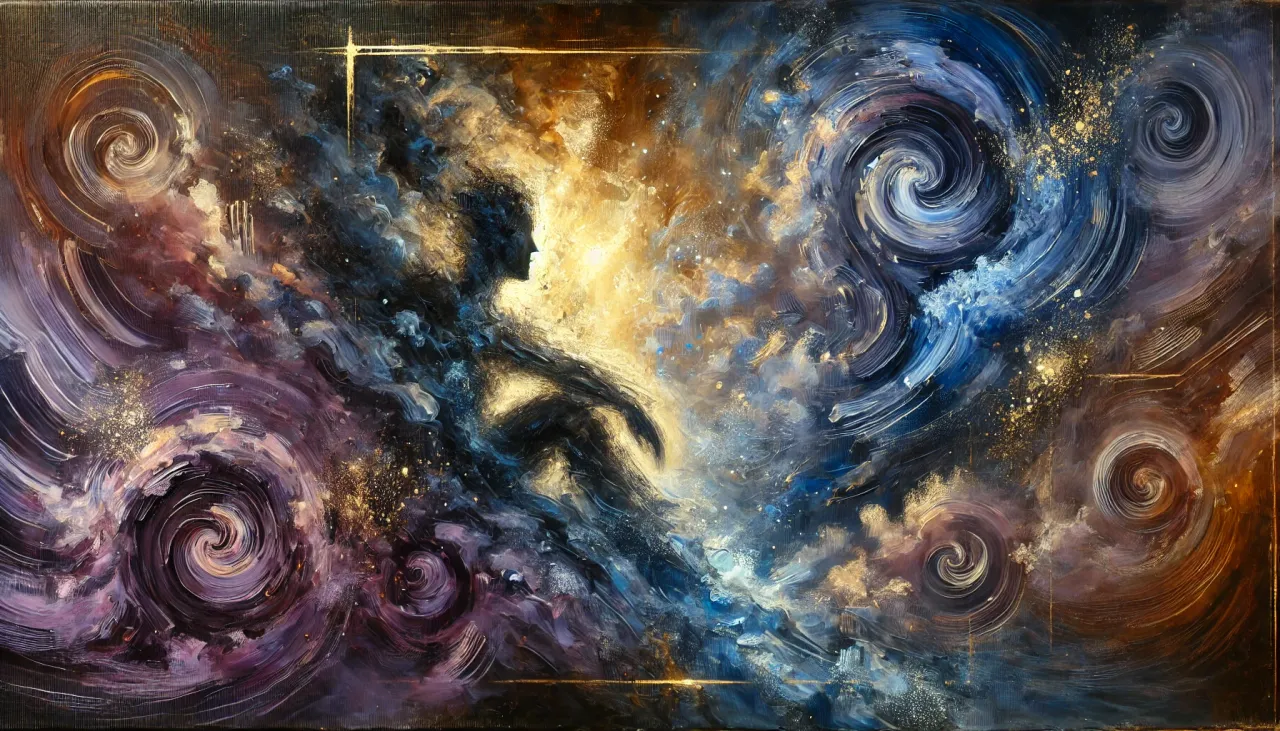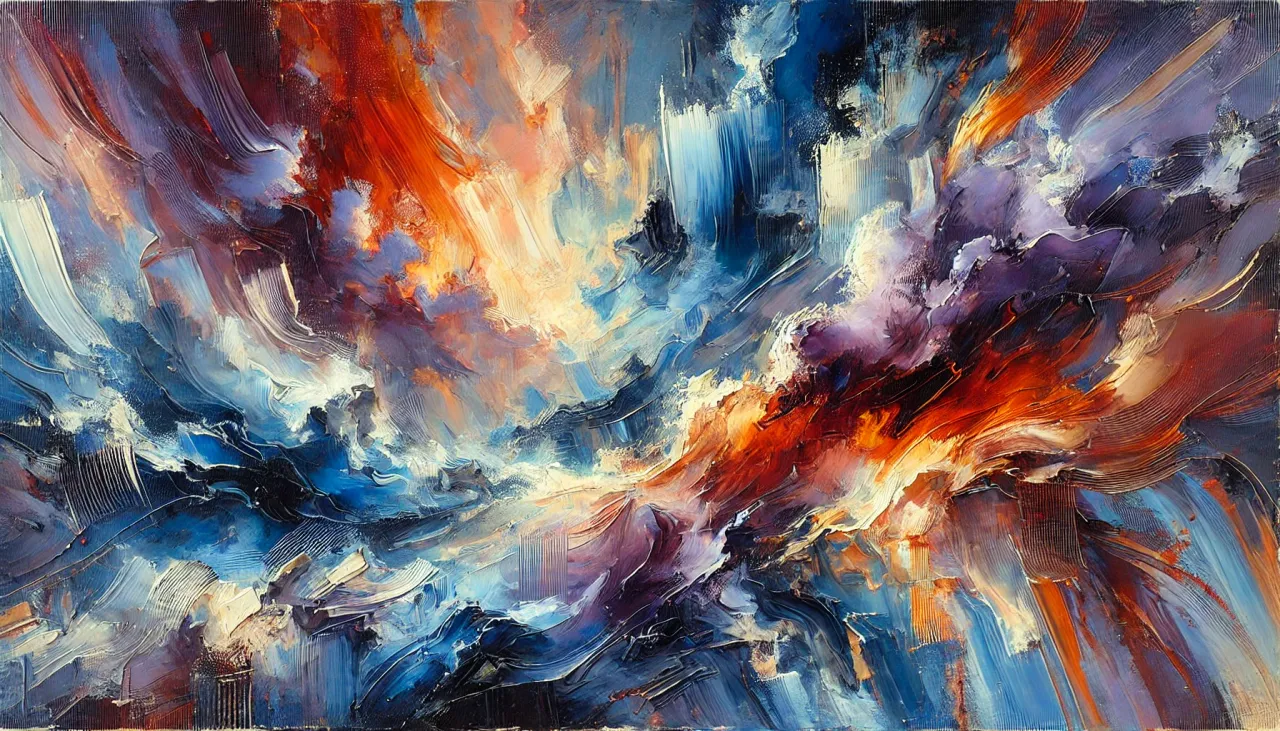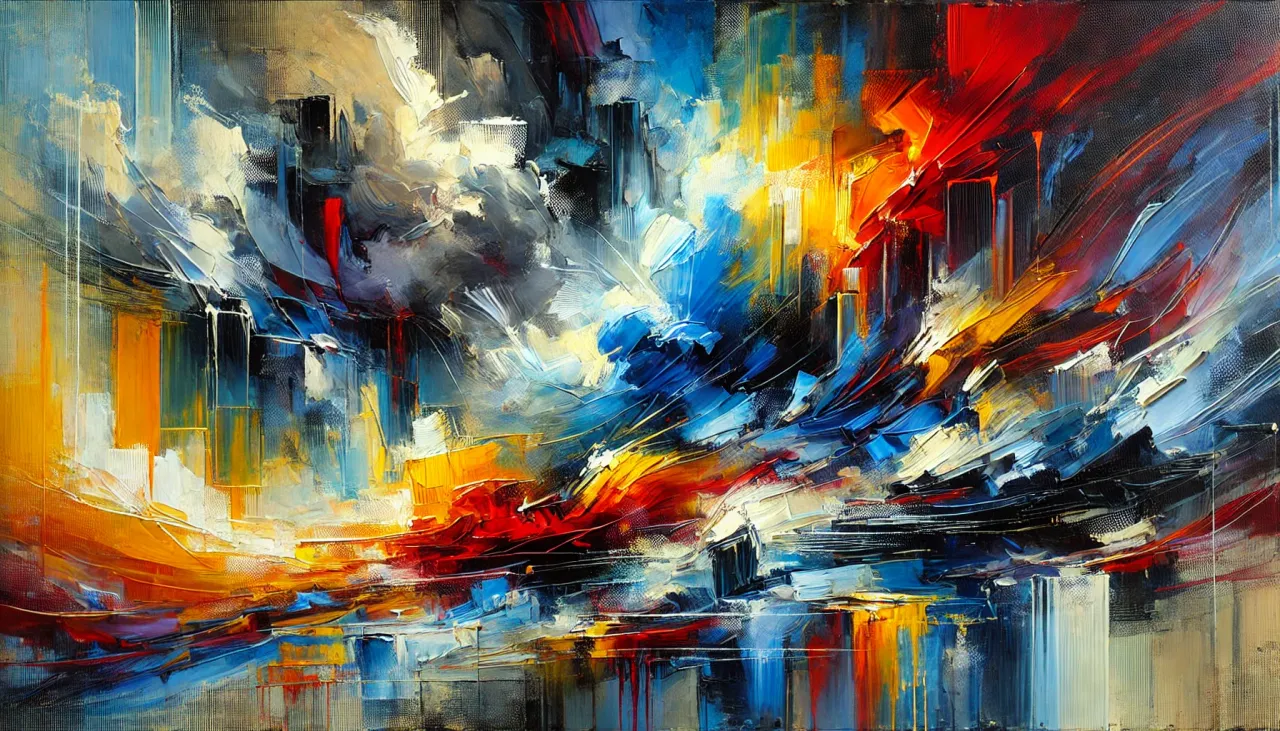Art is a mystery—hard to define but deeply woven into human life. I often wonder: What is art? Why does it matter? And how has philosophy shaped the way we see it?

Aristotle believed art isn’t just about copying but about capturing meaning. That explains why a Van Gogh painting, though not a perfect replica of a night sky, feels more alive and emotional than a simple photograph.
Plato, on the other hand, saw art as an imitation, just a shadow of reality. To him, it was an illusion, distracting us from the truth. This makes me think about hyper-realistic paintings—are they valuable because they look real, or because they express something deeper?
Then there’s the idea of ‘art for art’s sake’—that art doesn’t need a deeper purpose. It can just exist to be beautiful or thought-provoking. This makes me wonder: Does art always have to mean something, or can it just be enjoyed?

Art also has power beyond beauty. Some believe it should challenge society and spark change. Picasso’s Guernica, for example, doesn’t just depict war—it makes us feel its horrors.
Thinking about these different views, I realize art is impossible to pin down. It can be an illusion, a deeper truth, a tool for change—or all of the above. Maybe that’s what makes it so fascinating.

What do you think? Should art always have a purpose, or can it simply exist?